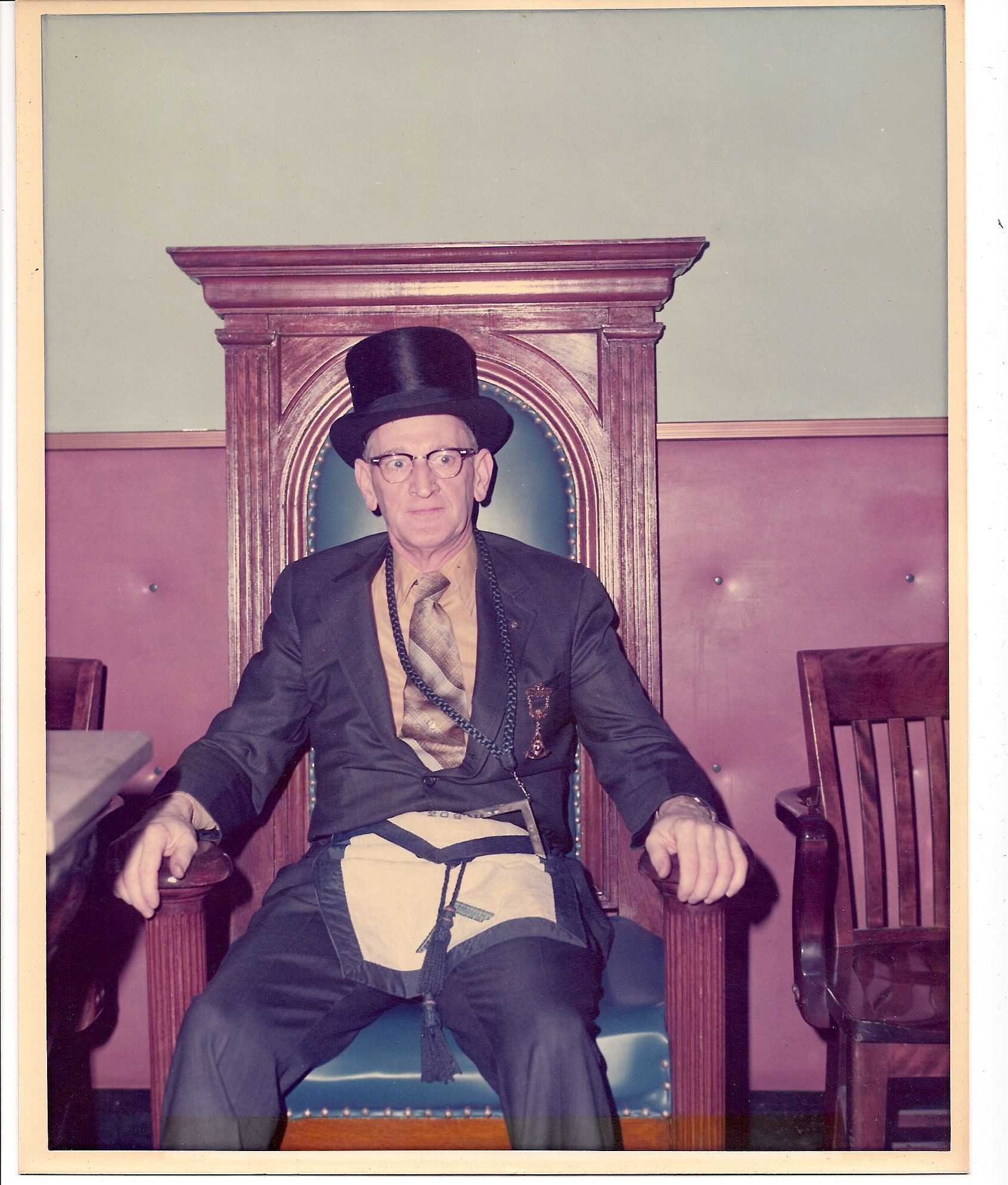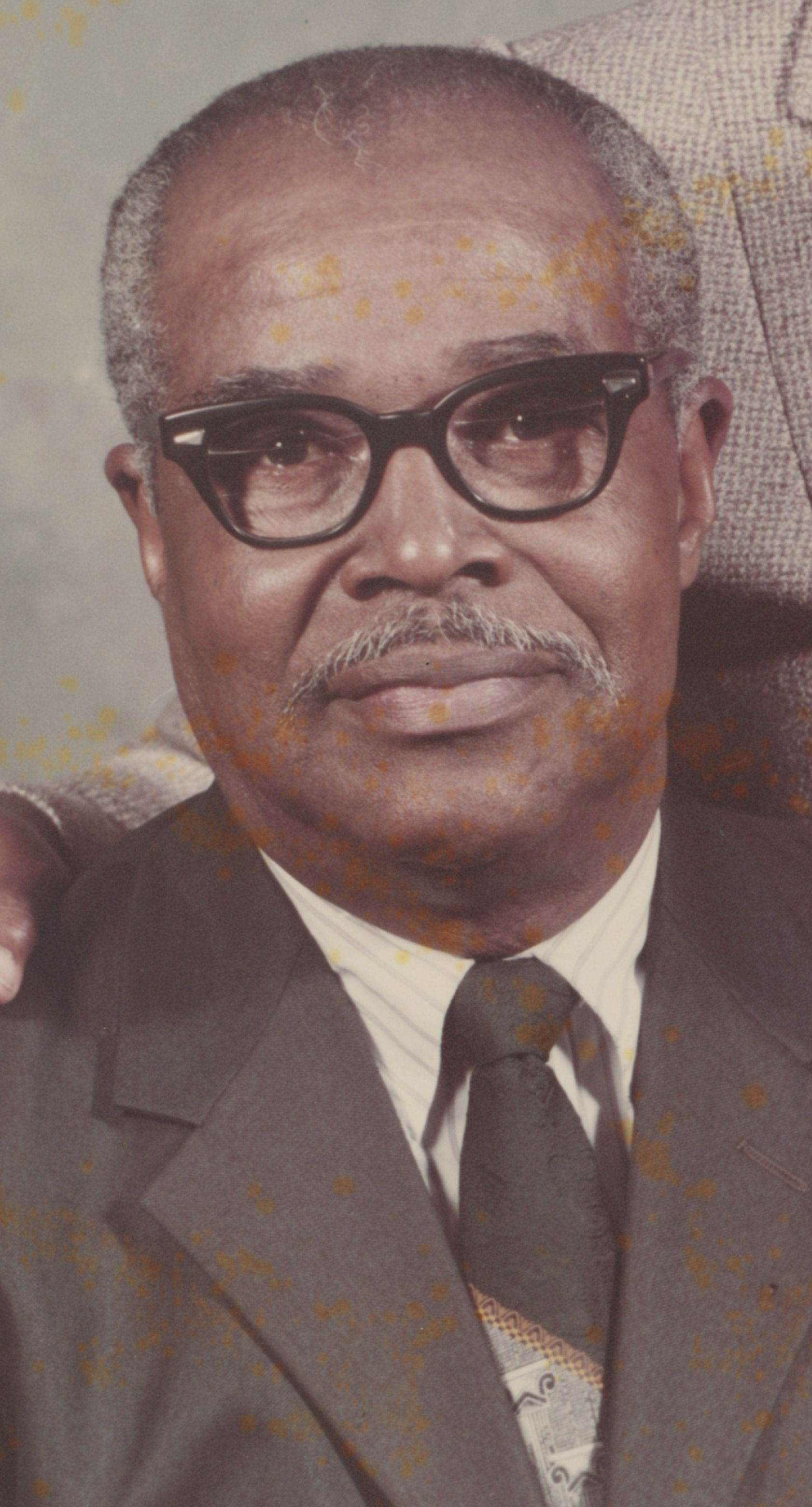There's a natural curiosity, you know, about people who stand out, or perhaps just those we hear about often. It's almost as if we want to piece together their story, and sometimes, that includes details like their financial standing. This kind of interest, in a way, isn't just about the numbers; it’s more about understanding a person's journey, their accomplishments, and the impact they might have made. It's a very human thing, wanting to know a little bit more about someone's life, especially when their name might ring a bell, like, say, Harold.
So, too it's almost a common thread that weaves through our daily conversations and the things we look up online. We find ourselves drawn to the backgrounds of individuals, trying to figure out what makes them tick, or what their path has been. This general fascination, that, is that it extends to many aspects of someone's public presence, often including their personal history, their professional achievements, and yes, even, in some respects, what they have managed to build over time. It's a way of connecting, even if it's just from a distance, with the narratives that shape our collective awareness.
And, you know, when a name pops up, whether it's in conversation or somewhere else, it can really spark a desire to learn more. This desire often leads us to explore various bits of information, perhaps even something like "Harold Sylvester net worth," just to get a broader picture. But before we get into any specific figures or details about someone's financial situation, which, by the way, isn't always readily available or even the most important part of a person's story, it's actually quite interesting to consider the very foundation of identity itself: a name.
Table of Contents
- The Story Behind a Name - Harold's Roots
- Where Does the Name Harold Come From?
- Unpacking the Meaning of Harold - More Than Just a Label
- Exploring the Historical Journey of Harold
- How Did Harold Become So Common?
- The Enduring Appeal of Names - What About Harold Sylvester Net Worth?
- The Name Harold in Modern Times
- Is the Name Harold Still Popular Today?
- Beyond the Name - Why Does Harold Sylvester Net Worth Matter to Us?
The Story Behind a Name - Harold's Roots
When we think about a name, we often consider its sound, perhaps who else we know with that name, or even if it feels right for a baby. But, you know, every name carries with it a long history, a kind of personal biography that stretches back through generations. The name Harold, for instance, has a rather interesting background, deeply connected to ancient languages and powerful concepts. It's not just a collection of letters; it's a piece of linguistic heritage, carrying a sense of significance that has been passed down through centuries. It's almost like a tiny historical artifact, given to someone at birth.
So, too, the journey of a name like Harold really shows us how language and culture sort of intertwine. It's originally an English personal name, which, you know, comes from an older English name, 'Hereweald.' This older form is actually made up of two distinct parts, 'here,' which refers to an army, and 'weald,' which means powerful or mighty. So, right from the start, the name carries this sense of strength and leadership, a very strong image indeed. This connection to a fighting force and authority gives the name a particular kind of weight, a certain gravitas that, you know, has persisted over time.
Interestingly enough, the name Harold also has strong ties to Scandinavian traditions. The Old Norse equivalent, 'Haraldr,' was quite common among the people of Scandinavia, showing how names, in some respects, can cross borders and cultures. This shared heritage between English and Scandinavian origins means that the name has a dual lineage, a kind of double root system that adds to its richness. It's not just one path; it's several, converging to give us the name we recognize today. This blending of origins actually makes the name Harold a fascinating subject for anyone interested in etymology, or, you know, just how words come to be.
Where Does the Name Harold Come From?
To really get a feel for where the name Harold comes from, we need to go back in time, quite a bit, actually. It's a modern English name, and, you know, it's typically given to boys. Its origins are deeply rooted in old Germanic languages, specifically from a name like 'Hajrawald.' This Germanic connection means that the fundamental building blocks of the name are very old, carrying echoes of ancient European cultures. It’s pretty cool, when you think about it, how a name can bridge such vast stretches of history, almost like a living fossil of language.
The meaning of the name, you see, can be broken down into two distinct parts, giving us a clearer picture of its original intent. There’s 'heri,' which, again, points to an army, and then there's the part that signifies a ruler. So, when you put those two pieces together, you get this very clear image of an "army ruler" or a "commander." This isn't just a random collection of sounds; it's a description, a title almost, that speaks to a position of leadership and control. It's quite direct, isn't it, in what it conveys?
And, you know, it's of both Scandinavian and Old English origin, which just reinforces its historical breadth. The meaning, "army ruler," is consistent across these different linguistic pathways. From Old English 'hereweald,' and influenced by its related forms, the name carries this consistent message of someone in charge of a fighting force. It’s actually pretty neat how, despite coming from slightly different linguistic branches, the core idea behind the name remains the same, a testament to its enduring significance. This shared meaning, in a way, strengthens the name's historical weight.
Unpacking the Meaning of Harold - More Than Just a Label
So, when we talk about the name Harold, we're really talking about something that means "army ruler." It's a name that, you know, immediately brings to mind images of someone in command, someone with a clear sense of direction. This isn't just a simple label; it's a descriptor that speaks to qualities of leadership and decisiveness. People who bear this name, by definition of its origins, are often associated with these kinds of traits, almost as if the meaning of the name itself subtly influences how we perceive those who carry it.
The name is of Germanic origin, as we've discussed, and it comes directly from the Old Norse name 'Haraldr.' This particular form is composed of two elements that really spell out its core message. There’s 'har,' which means army, and 'valdr,' which means ruler or leader. So, you see, it's a very straightforward combination, leaving little room for misinterpretation about its original intent. It’s pretty clear, actually, that this name was meant for someone of importance, someone who held sway over others.
Therefore, the name Harold, derived from the Old English elements 'here,' meaning army, and 'weald,' meaning ruler or power, can be interpreted to mean someone who commands an army or holds significant power. It's a name that, in some respects, has always been tied to authority and strength. This deep-seated meaning, this connection to leadership, is a pretty central part of the name's identity. It's not just a name; it's a statement, a kind of declaration of purpose that has been carried through generations.
Exploring the Historical Journey of Harold
The journey of a name through history is, you know, quite a fascinating thing to consider. Names, like people, have their own life cycles, their moments of great popularity and times when they might be less common. The name Harold, with its strong roots and powerful meaning, has certainly had a long and rather interesting trip through time, leaving its mark in various cultures and periods. It’s pretty remarkable, actually, how some names just seem to stick around, while others fade away.
Historically, Harold has mostly been a name given to baby boys, which, you know, makes sense given its meaning of "army ruler." However, it's worth noting that it has also been given to girls in the past century, though far less frequently. For example, in 1932, the name Harold was given to 177 times as many baby boys than girls. This kind of shift, or occasional variation, is actually pretty common with names, showing how cultural trends can, in some respects, influence even something as seemingly fixed as naming conventions.
So, too, the name Harold is largely used in English and German-speaking regions, and its origin, as we've established, is Germanic. It's also a variant transcription of the name Harald, which is common in German and Scandinavian areas. This interconnectedness, this shared lineage, really highlights how names can travel and adapt across different linguistic landscapes. The diminutive forms, like 'Hal' in English, also show how names can evolve and shorten over time, becoming more familiar and, you know, perhaps a little less formal.
How Did Harold Become So Common?
The popularity of a name can be influenced by many things, from historical figures to cultural movements, or even, you know, popular stories and media. The name Harold, with its deep historical roots and strong meaning, has certainly enjoyed a long and rather illustrious history on the American male naming charts. It wasn't just a fleeting trend; it had a sustained presence, which, in some respects, speaks to its enduring appeal and the qualities it represents. It's almost like a classic, really, that keeps finding its way back into favor.
One reason for its widespread use might be its clear and powerful meaning. A name that signifies an "army ruler" or "commander" naturally conveys a sense of strength, leadership, and a decisive nature. These are qualities that, you know, parents might wish for their children, or that society generally admires. So, it’s not just a sound; it's a statement, a kind of aspiration embedded within the name itself. This inherent meaning, in a way, provides a solid foundation for its long-term popularity.
And, you know, the historical figures who bore the name, like kings and leaders, probably played a part too. When a name is associated with prominent individuals, it tends to gain a certain prestige and recognition. This kind of historical weight can really help a name to stick around, to remain in the collective consciousness for generations. It’s pretty interesting, actually, how the past can shape something as personal as a name choice, making it more or less appealing over time.
The Enduring Appeal of Names - What About Harold Sylvester Net Worth?
It’s quite fascinating, isn't it, how much we care about names, their origins, and the stories they carry? A name is often the first piece of identity we receive, and it links us to a heritage, a meaning, and even, you know, a certain expectation. This enduring appeal of names is a very human characteristic, reflecting our desire to understand where we come from and what shapes us. It’s almost like a personal anchor, connecting us to something larger than ourselves.
So, too, when we hear a name like Harold, especially in a context that might make us curious about someone specific, like perhaps a public figure, our minds naturally start to piece together a picture. We might wonder about their journey, their accomplishments, and yes, sometimes, even details like "Harold Sylvester net worth." This kind of curiosity, in a way, stems from a broader interest in human achievement and the paths people take in life. It's a pretty common impulse, actually, to want to fill in the blanks about someone's story.
But, you know, while the name Harold itself carries a rich history of leadership and power, the specific financial details of any individual named Harold, including a "Harold Sylvester net worth," are not something that can be inferred from the general meaning or origin of the name. Our discussion here, you see, focuses on the name itself, its deep roots, and its historical significance. The name provides a foundation, a kind of cultural backdrop, but it doesn't, you know, offer specific information about a person's personal finances.
The Name Harold in Modern Times
Even in our very fast-paced world, where trends come and go pretty quickly, some names just seem to hold their ground, or at least maintain a presence. The name Harold, with its long and rather illustrious history, continues to be part of our linguistic landscape, even if its popularity might ebb and flow a little. It's pretty interesting, actually, how names can persist through centuries, adapting and finding new generations to carry them forward. It’s almost like they have a life of their own, really.
You know, popular culture often plays a role in keeping names in our minds. For example, a fourth 'Harold & Kumar' movie is, apparently, in development, with stars like Kai Penn and John Cho likely to return. This kind of media presence, you see, helps to keep a name relevant, to introduce it to new audiences, and to give it a fresh context. It’s a pretty powerful way for names to stay current, even if their origins are ancient. This cultural touchstone, in a way, adds another layer to the name's story.
And, you know, the team behind 'Cobra Kai,' Jon Hurwitz, Hayden Schlossberg, and Josh Heald, are writing the new 'Harold & Kumar' film. This connection to popular and well-regarded creators can further solidify a name's place in the public eye. It’s actually pretty neat how names can find their way into different forms of storytelling, from historical records to modern comedies, showing their versatility and enduring appeal. This continuous presence, in some respects, keeps the name Harold alive and well in our collective consciousness.
Is the Name Harold Still Popular Today?
The popularity of names is a really interesting thing to track, isn't it? It's like watching a gentle wave, sometimes rising high, sometimes receding a bit. While Harold might not be at the very top of the naming charts today, its long and rich history on the American male naming charts suggests a consistent appeal over many, many years. It's a name that, you know, has stood the test of time, proving its staying power even as new names emerge and old ones fade.
So, too, the enduring significance of a name like Harold, which means "army ruler" and has deep Scandinavian roots, makes it a rather strong and noble choice for a male name. This powerful meaning, this connection to leadership and command, is something that, in some respects, never really goes out of style. It’s pretty compelling, actually, to think about how a name's inherent meaning can contribute to its longevity, giving it a timeless quality that transcends passing trends.
And, you know, names often experience cycles of popularity. A name that might be less common today could very well see a resurgence in the future, as generations look back to classic choices or find new inspiration. Harold, with its strong historical foundation and clear meaning, certainly has the potential to remain a relevant choice for those seeking a name with substance and heritage. It’s almost like a classic piece of clothing, really, that can always be brought back into fashion.
Beyond the Name - Why Does Harold Sylvester Net Worth Matter to Us?
Our interest in people, especially those who achieve a degree of public recognition, goes far beyond just their names or their historical origins. We're often curious about their lives, their experiences, and the ways they have, you know, navigated their personal and professional journeys. This curiosity is a very natural part of how we engage with the world around us, seeking to understand the diverse paths that people take. It's pretty fundamental, actually, to our human nature.
So, too, when we encounter a phrase like "Harold Sylvester net worth," it often represents a broader desire to grasp the full picture of someone's life. It's not just about the numbers themselves, but rather, in some respects, what those numbers might symbolize about a person's success, their choices, or their impact. This kind of inquiry, you see, reflects our interest in the tangible outcomes of a person's efforts and how they have built their life over time. It’s almost like trying to connect the dots, really, in someone’s story.
However, it's really important to remember that while the name Harold itself carries a rich history and a powerful meaning related to leadership and strength, information about the specific financial standing or "net worth" of any individual named Harold Sylvester is not something that can be derived from the etymology or historical context of the name. Our exploration here has been about the name itself, its origins, and the fascinating journey it has taken through time and language. The name provides a wonderful starting point for understanding a piece of identity, but it doesn't, you know, extend to personal financial details.


